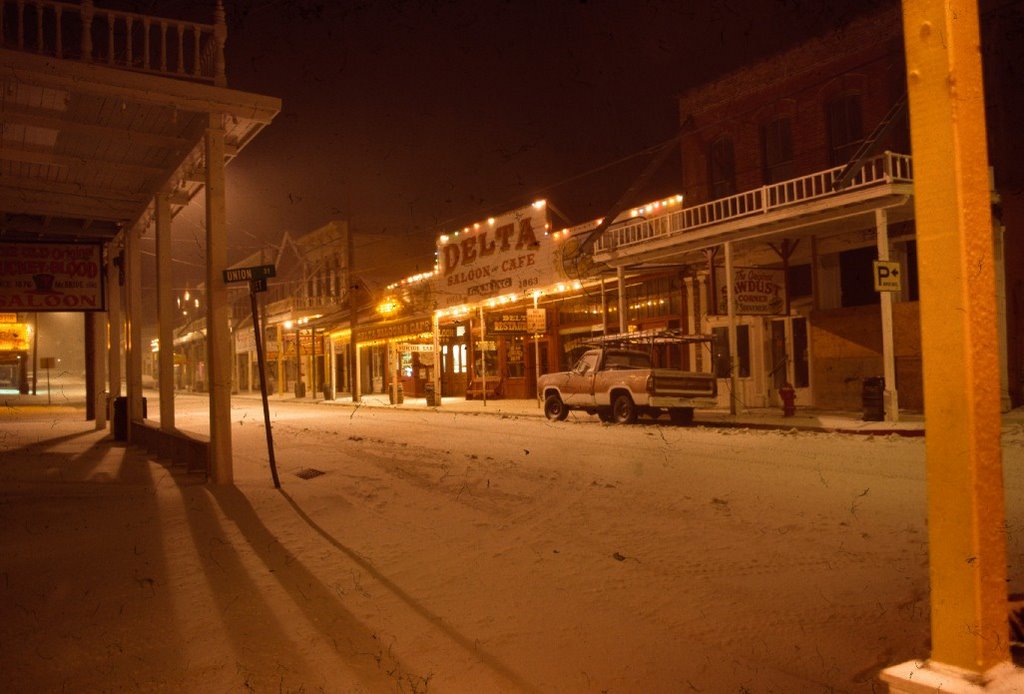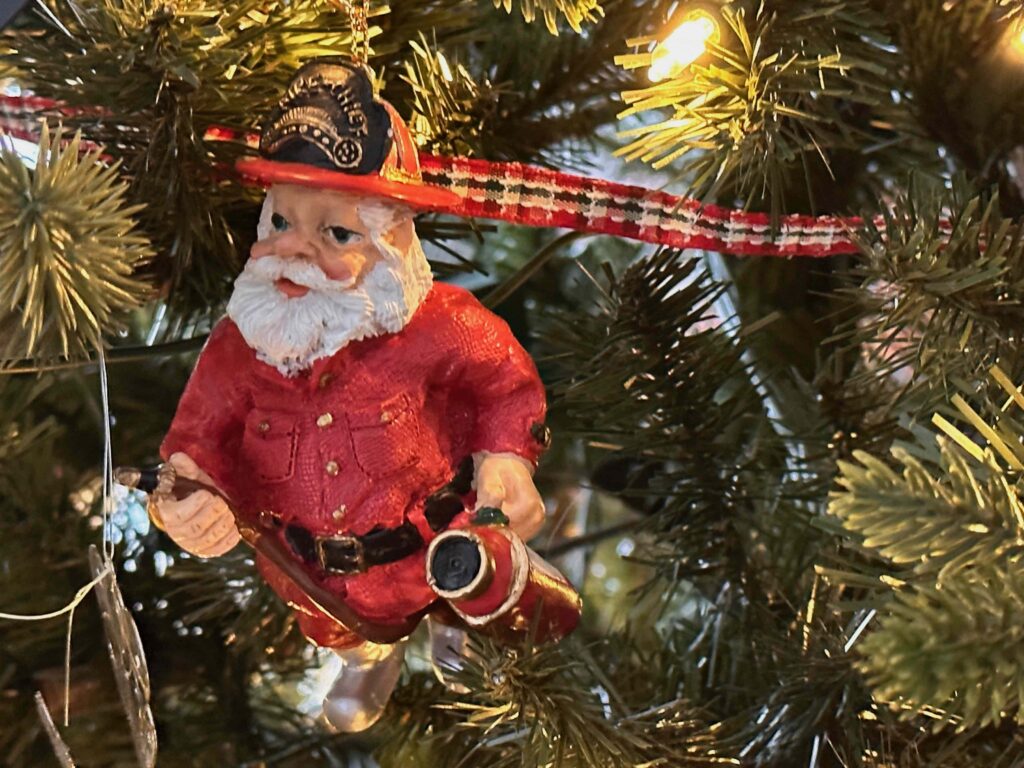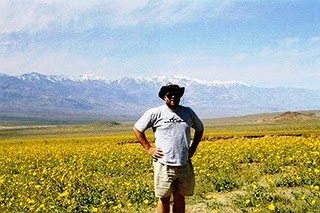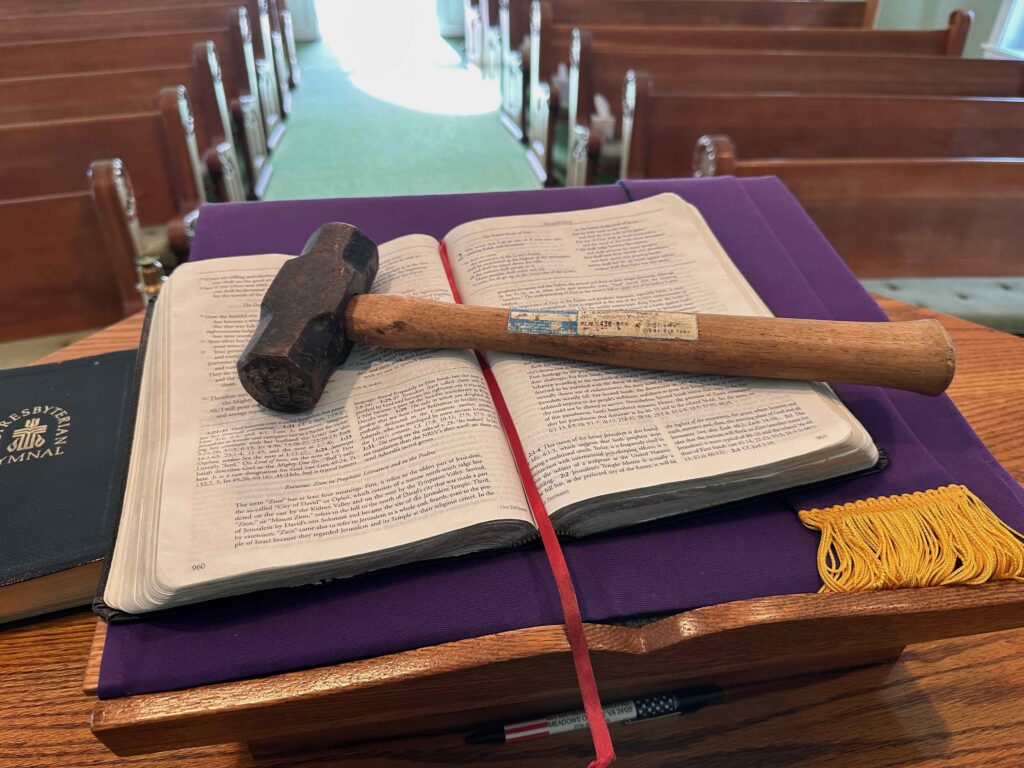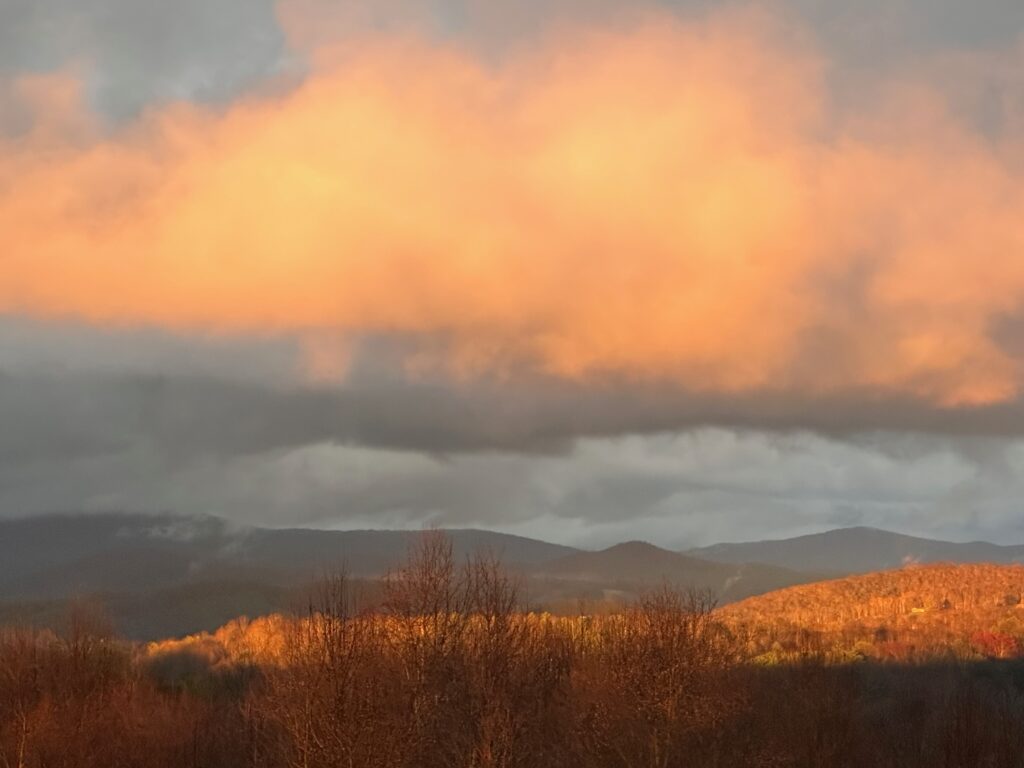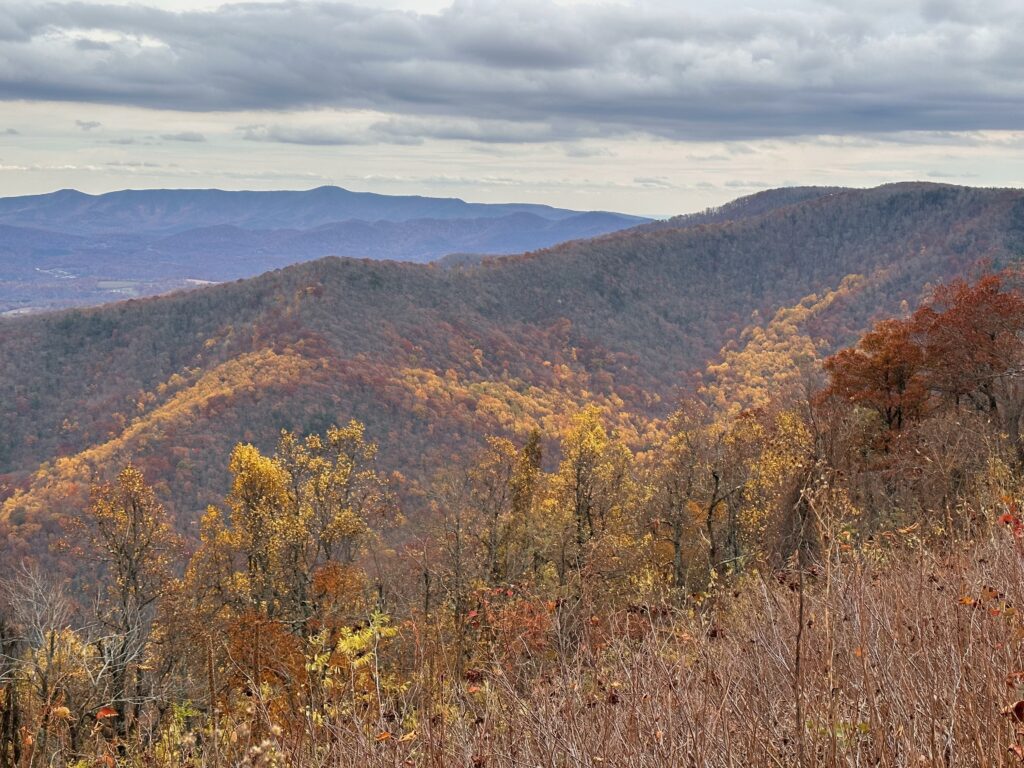Jeff Garrison
Mayberry and Bluemont Presbyterian Churches
January 15, 2023
First Peter 1:1-12
At the beginning of worship:
This week I finished reading Miroslav Volf’s A Public Faith: How Followers of Christ Should Seve the Common Good. It’s a short but a deep book that deals with the paradox we have as Christians, living in a world but not being of the world.[1] Volf spends a whole chapter on the topic, “human flourishing,” which he begins, “Hope, in a Christian sense, is love stretching itself into the future.”[2] I like that.
For the next three months, I will work through in my sermons First Peter, a beautiful letter written to marginalized Christians in the first century. We may think, at times, we have it bad. But consider being a follower of Jesus in a time when the world truly hates you? How would we live? Where do we place our hope? Peter encourages his readers to have a living hope in the future.[3] Sounds a lot like Volf’s thesis, doesn’t it?
Before reading the Scripture:
Addressed to a group of churches in what we now know as the country of Turkey, First Peter was penned in the last quarter of the first century. The letter encourages these churches as they strive to live as followers of Jesus in a hostile world. For this reason, we find applications that apply to our lives as we strive to follow Jesus in a world that is often indifferent.
The return address on the letter is Peter’s. There is debate among scholars as to whether it was written by Peter the fisherman (if so, he most likely had some help with his Greek grammar). Or, as was often done in the ancient world, was the letter written by one who admired Peter and therefore attached the apostle’s name.
Confusing things even more, the letter doesn’t go into details of Peter’s life other than to say he’s an Apostle. Instead, it focuses on the life within the recipient community,[4] so whether Peter pinned these words or dictated them, doesn’t much matter. Finally, let me say that this letter follows a familiar correspondence format, as does many of Paul’s letters. Today we’ll look at the introduction and opening.
Read 1st Peter 1:1-12.
I woke precisely at 6 A.M. The radio came to life with the Star-Spangled Banner. KIKX returned to the airways with its whooping 58 watts of power dedicated to covering the Wood River Valley. It was the only station that I could pick up in the valley. During the summer of 1988, I depended on it as an alarm clock. I went to sleep with the radio on at night, as the station went off at midnight. In the morning, I’d be rousted out of bed with patriotic furor.
Normally, I jumped out of bed, dressed quickly, and headed down to the lodge. There I started a fire in the potbellied stove to knock the chill out of the air. In the Idaho mountains, it could be quite chilly in the early morning hours, even during the summer. But on this day, I was not too quick to jump out of bed. I was fearful of what was ahead. I laid there, warm under the covers, listening to the national anthem, and then the news and the weather. Although it was in the mid-30s at camp, the temperature in the desert to the south would spike above 100 that afternoon.
It was Tuesday, the day after Labor Day, my last day for the season at camp. In the kitchen, the cooks prepared the last meal of the season for the few of us who were still on site. Over a cup of coffee, we talked and laughed about the summer. But inside, my stomach churned. I thought about leaving the familiar setting of camp and heading for the unknowns of Nevada.
I’d taken a break from seminary to devote a year serving as a student pastor for small church in Virginia City, Nevada. I wasn’t sure what to expect. As a naive seminarian, Nevada appeared a den of iniquity. Saloons and casinos never closed. Gambling and prostitution were readily available. What was I getting myself into.?
The following afternoon I made it up the windy road to Virginia City. I told you a month ago about the nail in my tire as I drove across the desert.[5] But I made it without any other issues. I parked in front of the rickety white wooden church C Street. The doors were locked. For a few moments I stood on the porch, looking down Six-mile Canyon toward a rock formation known as Sugarloaf.[6] There were plenty of people on the streets, but no one seemed to notice me. Everyone assumed I was just another tourist.
A couple minutes later, I headed down the boardwalk to the Bucket of Blood, a saloon where I had been instructed to pick up the keys for the church and for the little house where I would live. It seemed a little odd for my first task to call on a place named the Bucket of Blood. The sun warmed the air. Although the peak of the tourist season was over, sightseers on C Street still vied for the slot machines standing just inside the establishments adjacent to the boardwalk. The noise of the electronic bandits and the smell of the sausage dogs and spilt beer overwhelmed me. What was I getting myself into?
It’s hard for me now to think about how I felt when I first went to Virginia City. I was nervous. I didn’t gamble. I’d never been in a casino. The idea of legalized prostitution seemed barbaric. It still does. While I’ll occasionally have a drink, the thought of having alcohol available 24 hours a day was unsettling. Furthermore, I’d never lived in a place where, on any given Sunday, only a handful of folks would be in church. I was nervous as to what I’d signed up for.
Living there forced me to think hard about what it means to follow Jesus. Many times, there and even here, being faithful to Jesus means we must live differently than the society in which we find ourselves.
In the first sentence of Peter’s letter, we learn that its intended recipients are “exiles from the Dispersion.” Now the Dispersion refers to those Jews who lived, at this time in history, throughout the Mediterranean region. After Babylon, Jewish enclaves were established through that part of the world and, as we know from early church history, Paul and Peter and other Apostles were often able to find a receptive ear in these communities.
Think about Paul’s travels in Acts, his first place to visit in a new city was often the synagogue.[7] But Peter isn’t writing to those in the synagogue, instead he’s writing to those who have been exiled or booted out of the synagogue. In a religious sense, these are marginalized people. Because they are followers of Jesus, they find themselves exiled even from the synagogue community that was, in a sense, exiled.[8]
Now think about the world in which they lived. Most of their neighbors worshipped the ancient gods as well as Caesar. For them, God in the flesh was the emperor in Rome. If you lived in this world, you were expected to pay homage to the gods and to Caesar, the one loophole being that you were a Jew. Then, provided you weren’t causing trouble, you could worship the God of Israel. As the early Christians found themselves no longer a part of the Jewish minority, they had nowhere to go. Shunned, they were considered atheist as they worshipped an unseen God.
But there is good news to these “twice-shunned” believers. Peter, with language that carries overtones of predestination, reminds them that they have been chosen and destined by God. So even though they may feel like out-casts, and are persecuted, God is with them. Furthermore, they’re sanctified by the Spirit and have been sprinkled with the blood of Jesus, the one to whom they are obedient. Peter, in the first sentence, packs in the theology. He mentions all three members of the Trinity—Father, Son, and Spirit. He speaks of God’s gracious sovereignty, Jesus’ atonement, and our need for sanctification by the Spirit. Peter wants them to understand that they haven’t saved themselves; their salvation is grounded in God.
Then, in verse 3, Peter lays out the hope they have in Jesus Christ. In the Greek, this is all one long run-on sentence, going all the way to verse 12.[9] Luckily, for us, most translators break the sentence into smaller chunks. In this super-sentence, Peter acknowledges the trouble his readers face, the trials they endure, but reminds them that their inheritance. Hold on, be obedient to Jesus, for it is in him that we have hope. Even though it may not always seem like it, God’s with them, and their future is bright.
Now, let’s face it, whatever tribulations we face today are nothing when compared to what Christians in the first three centuries faced. Furthermore, we in America have no idea what Christians in other parts of the world must endure today. Think of Christian in Pakistan, China, India, North Korea, Nigeria, or Saudi Arabia.
But even if we do face persecution, we must remember that our first loyalty as a disciple of Jesus is to him, the one in whom we have our hope. And what does Jesus call us to do? We’re called to be the salt of the earth, to love God and to love our neighbor, and to love even our enemies.[10] Are we doing that?
In the last three verses of this section, Peter recalls the work of the Old Testament prophets, those who foretold what God was doing and the Messiah to come. Peter notes that they did not serve themselves, but were in a sense serving those, like Peter’s audience, who experienced such grace. It pleased the prophets to do God’s work for the benefit for future generations. And in a way those suffering for Jesus, to whom this letter was addressed, worked on our behalf. We are their beneficiaries, and we’re to benefit those who follow us.
So, what does Jesus call us to do? Like those who received this letter, he calls us to be faithful and obedient. We’ll all face challenges. Sometimes the pressure of society will try to lure us away from Jesus. Or we may be lured away from the Jesus of scripture to another form of Jesus, one who is more our image and doesn’t look like the Jesus of the Bible.[11] When this happens, Peter reminds us of what’s important.
Going back to my fears when I moved to Nevada, I quickly learned that just because bars and casinos remained open 24 hours a day, I didn’t need to take advantage of it. And when I did go inside such a place, moderation was the key. Too much of a good thing can also be bad. And there were places where I shouldn’t’ be seen, and I stayed away. And on Sunday morning, when I put on a suit and walked down the boardwalk to the church, people knew where I was going. Hopefully, by my witness, I planted a few seeds.
When we are obedient to Christ, we witness to the world a gentle faith that God is in charge, and we’ve placed our hope in his hands. Amen.
[1] John 15:19.
[2] Miroslav Volf, A Public Faith: How Followers of Christ Should Serve the Common Good (Grand Rapids, MI: Bravos Press, 2011), 55.
[3] Peter H. Davids, The First Epistle of Peter (Grand Rapids: Eerdman, 1990), 52.
[4] Donald Senior, “First Peter Introduction” in the New Interpreter’s Study Bible: New Revised Standard Version with the Apocrypha (Nashville: Abingdon, 2003), 2181-2182.
[5] https://fromarockyhillside.com/2022/12/hope-in-the-desert/
[6] This view, which I so enjoyed, is no longer available as new construction was built across from the church. During the Bonanza era of the 1870s, the view wasn’t available either, as the Baptist Church (that closed in the 1880s), sat across the street.
[7] See Acts 13:5, 13:14, 14:1, 17:1, 17:10, 18:4, and 19:8.
[8] For insight into this community to whom Peter writes, see Joel B. Green, 1 Peter (Grand Rapids: Eerdmans, 2007), 14-18. Green notes that most of those first reading this letter probably were not Jews, but gentiles.
[9] Green, 22.
[10] Matthew 5:13, Luke 10:27, and Matthew 5:44.
[11] Those who want to promote a masculine Jesus (aka, Rambo Jesus) or make Jesus into a nationalistic symbol risk creating a Jesus in their own image and not in the image of scripture.
